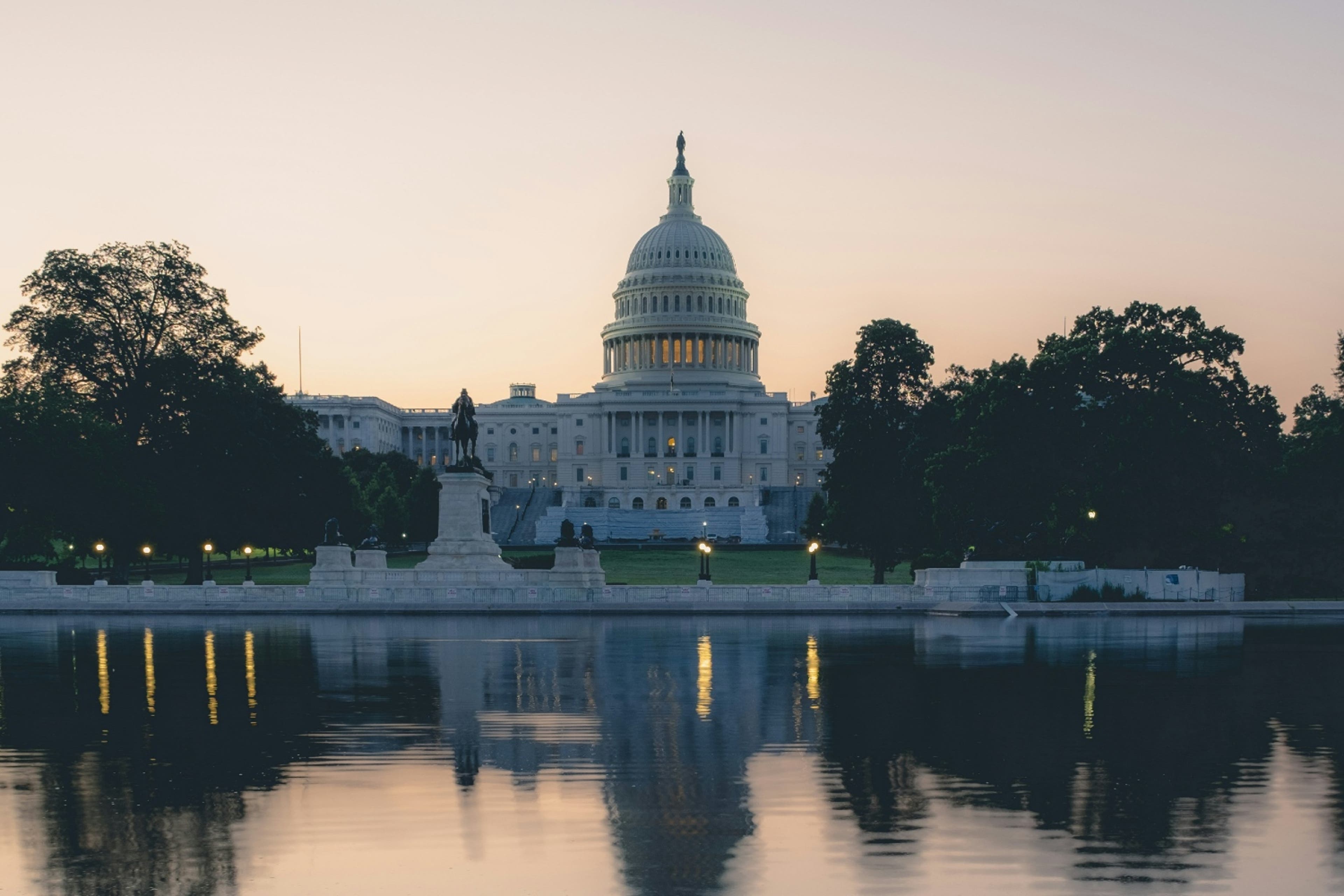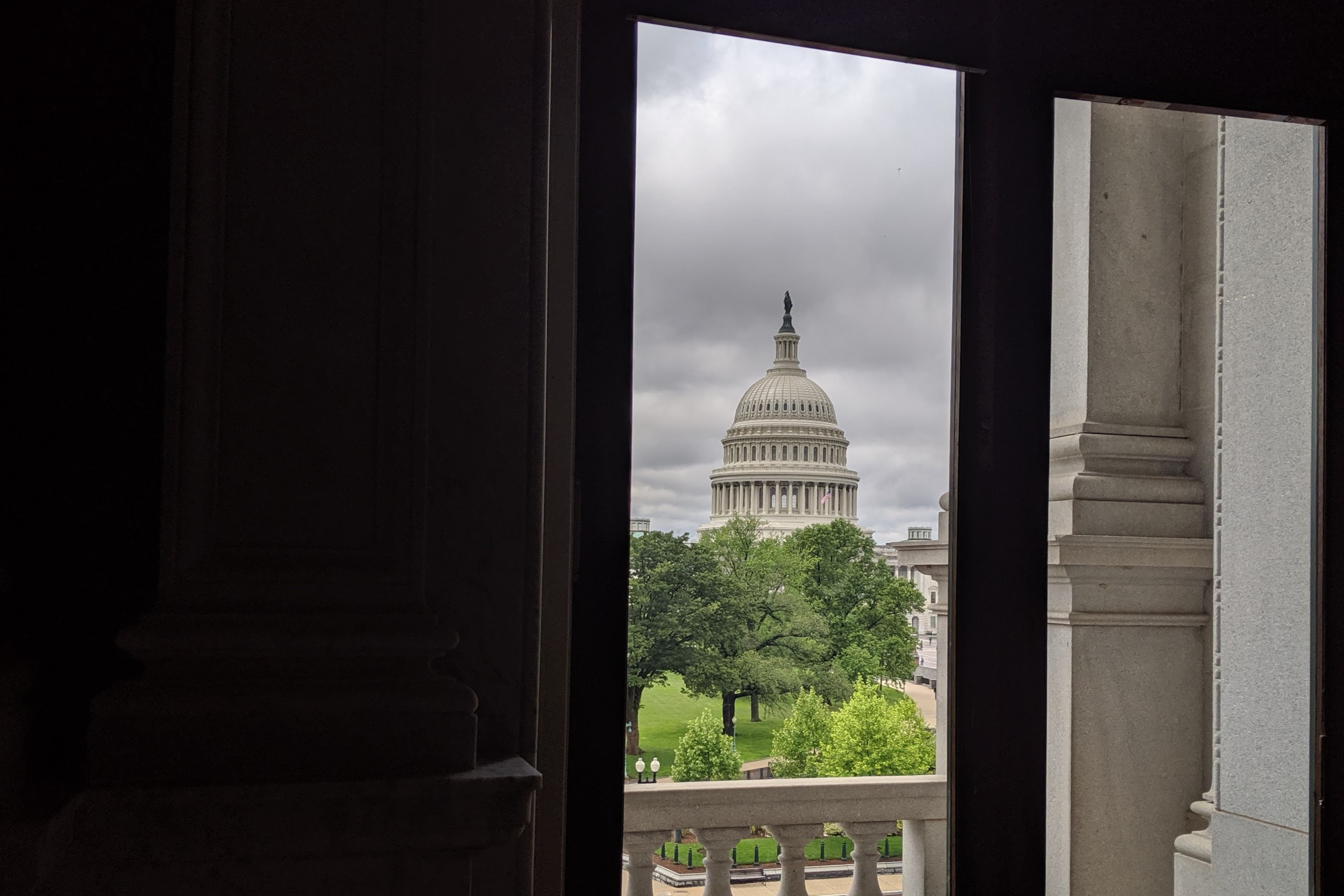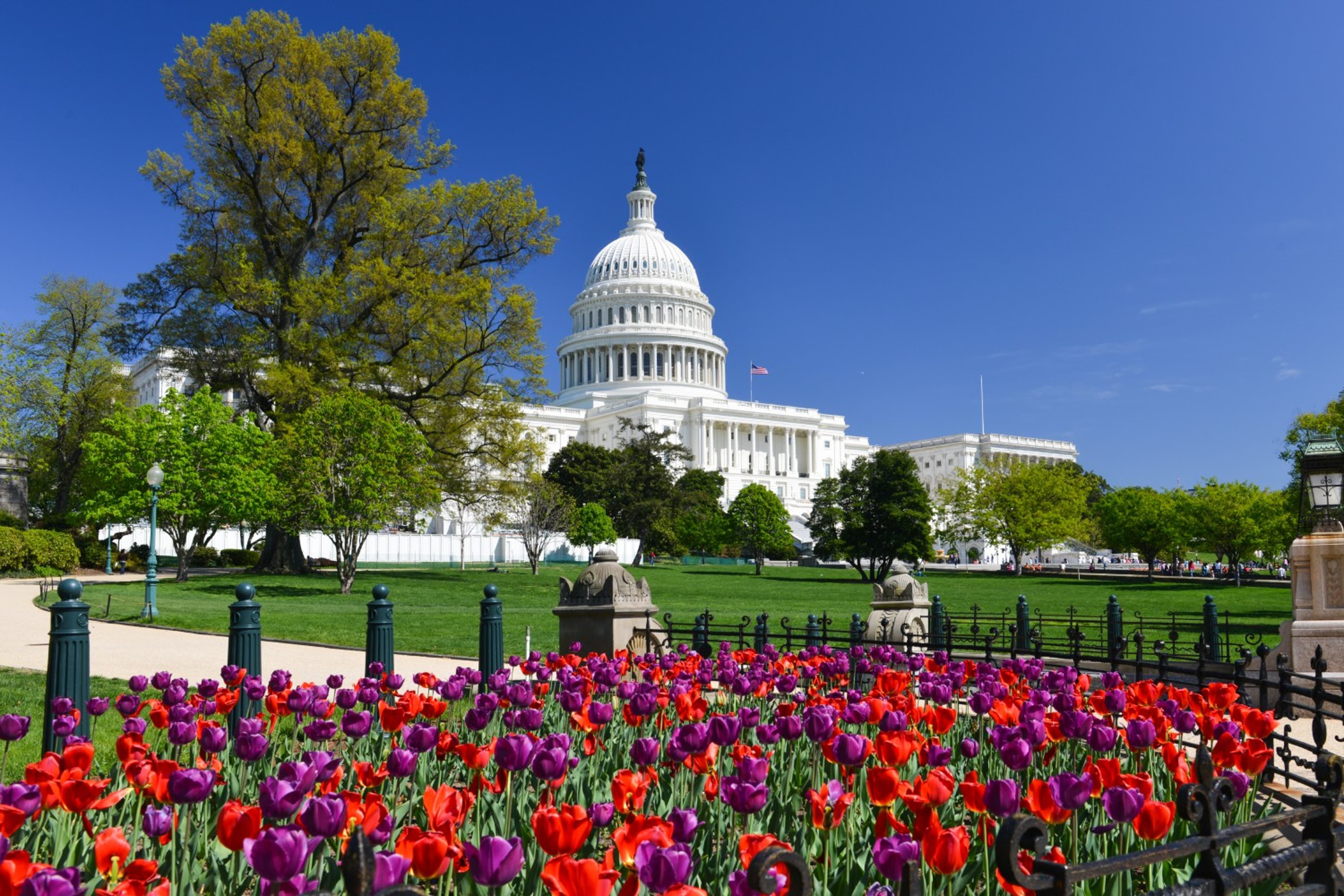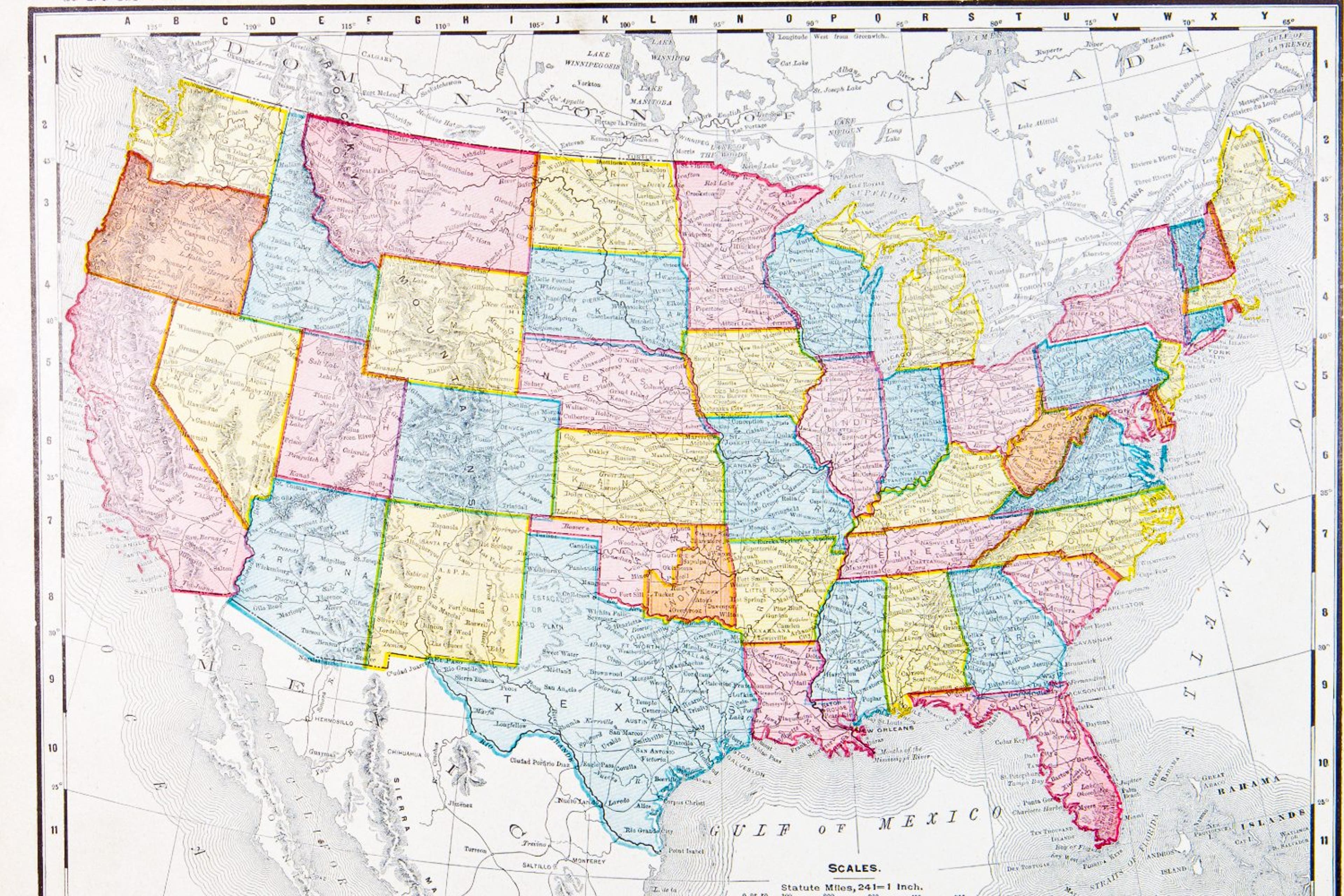Renewed push to preempt US state AI laws gains steam


Published:
Contributors:
Joe Duball
News Editor
IAPP
Federal efforts to preempt U.S. state artificial intelligence laws have been revived following a failed attempt to establish a moratorium on existing legislation earlier this year. A leaked draft of a White House executive order reviewed by the IAPP 19 Nov. outlines a new tact to limit burdensome AI laws in favor of innovation goals.
According to the draft order, federal agencies would take on various roles to support the elimination of legislative obstacles raised at the state level.
If the order is signed, the Department of Justice would launch a task force charged with challenging the constitutionality of state AI laws. Within 90 days, the Department of Commerce will provide the task force with analysis and referrals to help the DOJ identify which laws to target.
Additionally, the Federal Communications Commission and Federal Trade Commission would each have a role in reinforcing preemption. The FCC is ordered to consider AI model reporting and disclosure standards while the FTC would draft a policy statement outlining how the FTC Act preempts state deception statutes that apply to AI.
The draft order began circulating as Republican members of Congress reportedly consider adding AI moratorium language to the National Defense Authorization Act. Momentum toward some sort of preemption vehicle picked up further with a public endorsement from President Donald Trump.
"We MUST have one Federal Standard instead of a patchwork of 50 State Regulatory Regimes. We can do this in a way that protects children AND prevents censorship," Trump wrote on Truth Social 18 Nov., adding "overregulation by States is threatening to undermine" AI growth potential.
Trump did not offer a direct public statement when Republicans took the initial swing at a moratorium during reconciliation negotiations in July. Sen. Ted Cruz, R-Texas, only referenced presidential support before the eventual removal of the moratorium provision on a 99-1 Senate vote. Trump's explicit advocacy this time around could influence prior detractors to fall in line behind any proposal to halt state laws.
Staff for the Senate Committee on Commerce, Science and Transportation's Republican majority told the IAPP the committee was unable to comment on "speculative executive orders." The House Committee on Energy and Commerce's Republican majority had no comment when reached.
The draft order's substance
President Trump's remarks in the order's draft text depict the patchwork of state AI statutes as "cumbersome" and a "fear-based regulatory capture." He noted legislatures have "introduced over 1,000 AI bills that threaten to undermine innovative culture," while also alleging negative impacts specific to provisions in the Colorado AI Act and California's Transparency in Frontier Artificial Intelligence Act.
The DOJ task force will attempt to tamp state laws down with its sights set on pre-determined legal grounds. The order outlines how potential litigation will focus on laws that "unconstitutionally regulate interstate commerce, are preempted by existing federal regulations or are otherwise unlawful in the Attorney General's judgement."
Complications could arise from differing interpretations between the DOJ, states and courts regarding how viable those legal grounds. DOJ interpretations are also hampered by the potential for insufficient details about perceived harms being created by a given law, according to ZwillGen Senior Legal Director Alexei Klestoff.
"What stands out is the draft order’s attempt to characterize state laws as requiring things like 'alterations to truthful outputs,' 'false results' and 'deceptive conduct' with little, if any, explanation of how the laws do that," Klestoff said.
Joint Center for Political and Economic Studies Director of Technology Policy Danielle Davis indicated DOJ action against states in the broader sense is "not new," but this proposed work on AI laws brings "a major shift in posture."
"Establishing a dedicated unit whose sole purpose would be to challenge state-level AI protections is extraordinary," Davis told the IAPP. "The DOJ would not be enforcing a clear federal standard Congress passed, it would be using litigation to create one."
Davis also pointed to a potential constitutional conflict with the potential use of the DOJ. More specifically, issues may arise from the DOJ stretching the Commerce Clause as it relates to traditional preemption.
"Historically, the DOJ intervenes when Congress has clearly articulated a federal standard. Here, the draft order would direct the DOJ to argue preemption in the absence of congressional action," she said. "It positions the DOJ less as a neutral arbiter and more as an extension of a deregulatory agenda."
Elsewhere in the order, Klestoff said the mandate for an FTC policy statement on deception is "unusual" and he was not aware of prior precedent to carry out such an initiative.
The draft order notably copied the state broadband funding restrictions from Congress' previous moratorium proposal. The Department of Commerce will specify conditions for funding eligibility while other agencies will assess eligibility for discretionary grant programs. States can avoid ineligibility by skipping AI laws altogether or entering a "binding agreement" to not enforce enacted laws during a year funding is sought.
Pushback remains
Congressional Democrats remain a firm no on any sort of preemption vehicle, especially if it is not negotiated into a bipartisan federal law.
House Energy and Commerce Ranking Member Frank Pallone, D-N.J., noted during a 19 Nov. subcommittee hearing on AI chatbot safety that "Congress must be sure to allow states to put in place safeguards that protect their residents." Senate Committee on Armed Services Ranking Member Jack Reed, D-R.I., told Semafor a potential AI moratorium inclusion in the final NDAA text is "one of those issues that probably go up to the leadership after we discuss it," but also indicated that "we have to allow states to take the lead because we’re not able to, so far in Washington, come up with appropriate legislation."
There are early signs some prominent Republicans will continue to resist preemption despite the White House's policy position. Govs. Ron DeSantis, R-Fla., and Sarah Huckabee Sanders, R-Ark., each came out against the revived preemption debate, noting the importance of state consumer protection roles in the absence of federal rules. Sen. Josh Hawley, R-Mo., a leader on the bipartisan movement to remove the first moratorium proposal from reconciliation, alluded to stronger industry lobbying as the catalyst for the fresh considerations.
While some state laws are clearly in scope for either the draft order or the moratorium, some states will have to take a wait-and-see approach to how the administration will handle laws that lightly touch AI, including comprehensive privacy laws.
In addition to California's new AI transparency and reporting law, the California Consumer Privacy Act contains provisions for automated decision-making technology. The California Privacy Protection Agency recently finalized rules to clarify the ADMT requirements.
"California has consistenty demonstrated that is is possible to support innovation while providing consumers with critical privacy protections, and current federal efforts to block common sense state laws erode consumer trust and safety," CalPrivacy Executive Director Tom Kemp said in a statement. "These proposals would rob millions of Californians of rights they already enjoy, leaving consumers vulnerable during a time of rapid technological change. We cannot afford to press pause on privacy."
This latest plan to help move the U.S.'s pro-AI innovation agenda forward comes as the European Union is considering targeted changes to the AI Act and other digital laws that aim to help the bloc keep pace with the U.S. and others in the global digital market.
Joe Duball is the news editor for the IAPP.

This content is eligible for Continuing Professional Education credits. Please self-submit according to CPE policy guidelines.
Submit for CPEs


